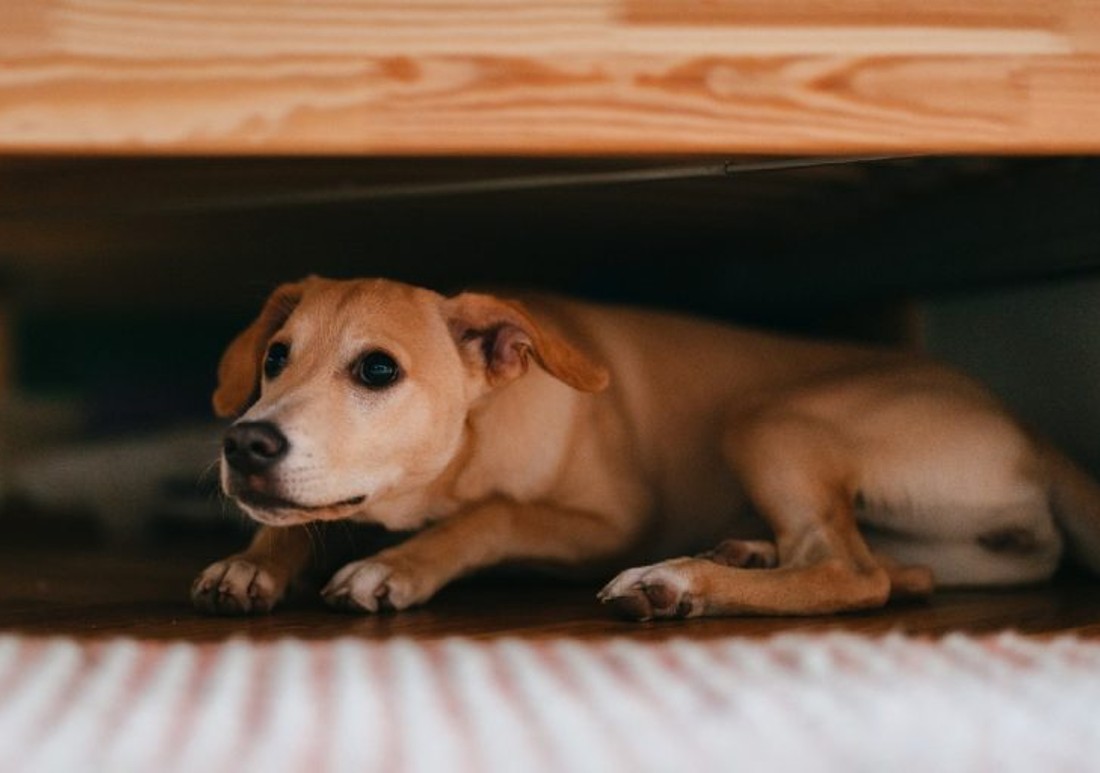My Dog Is Not Eating: Causes and Tips To Get Things Back To Normal

Do you have a pup that just isn’t eating? Have their mealtimes become an exercise in coaxing and encouraging? If so, you’re not alone. Dogs that refuse to eat can be incredibly worrying, which is why it’s critical to get to the bottom of the problem quickly.
In this article, we’ll look at a few of the common causes of dogs not eating and provide you with some helpful tips to get things back to normal. From helping them to get over minor illnesses to offering nutritional advice based on their age and activity level, we’ve got you covered. If you have a pup that just won’t eat, read on and find out what you can do.
Medical Reasons Why a Dog May Not Be Eating
Medical-related reasons why a dog might stop eating can include pain, nausea, dental issues, changes in routine, or environmental changes. Pain can be a physical or emotional reaction, so it is crucial to monitor your pup’s behavior when they stop eating. Dental issues such as rotten or loose teeth may also cause your dog to refuse food. A change in routine or environment can also be a factor. If you have changed your pup’s diet recently or moved into a new home, they may refuse food during this adjustment period. A sudden change in appetite can also indicate an underlying medical condition like an infection, inflammatory bowel disease, kidney failure, diabetes, pancreatitis, liver issues, cancer, or other serious illnesses. If you suspect your pup is suffering from any of the above medical conditions, the best thing to do is talk to your veterinarian.
Behavioral Reasons Why a Dog May Not Be Eating
Behavioral reasons behind why your pup may not be eating could include anxiety-induced food refusal or just plain pickiness. If you have recently adopted a pup, and they are refusing their food bowl, they may be experiencing stress related to this life change. You can try introducing them to their new home gradually and create an environment that helps them feel safe and secure. As for picky eaters, some dogs may simply be uninterested or repelled by certain kinds of food. If this is the case with your pup, you can try changing their diet with different flavors and textures until they find one that suits them best.
Tips To Get Your Dog Eating Again
Limit treats and table scraps, which can make your pup feel full and uninterested in their regular meals. Remember to only give your dog their scheduled meals.
Try a different brand of pet food, such as one specifically tailored to picky eaters.
Make sure there is plenty of fresh water available at all times, and offer multiple small meals throughout the day rather than one large meal.
Place the food in a lot of different places around the house since pups like to explore their environments when looking for food. If you have more than one dog, keep their meals separate to avoid anxiety.
Spread out a pet food mat beneath the bowl since this can help keep things clean and tidy.
When it comes to feeding our furry friends, it is critical to remember that there are both medical and behavioral reasons why a dog might not be eating. If you notice any abrupt changes in your pet’s behavior or diet, consult your veterinarian as soon as possible to ensure they are receiving proper nutrition and care.
Your Pet’s Best Interest, Always
At Pet Institute, we take pet care seriously. We're dedicated to transparency, impartiality, and the well-being of your pets in every article, review, and recommendation we provide. Our unwavering commitment to these principles ensures that you, our valued reader, always receive reliable and unbiased information. Let us be your trusted guide in the world of pet care and companionship.